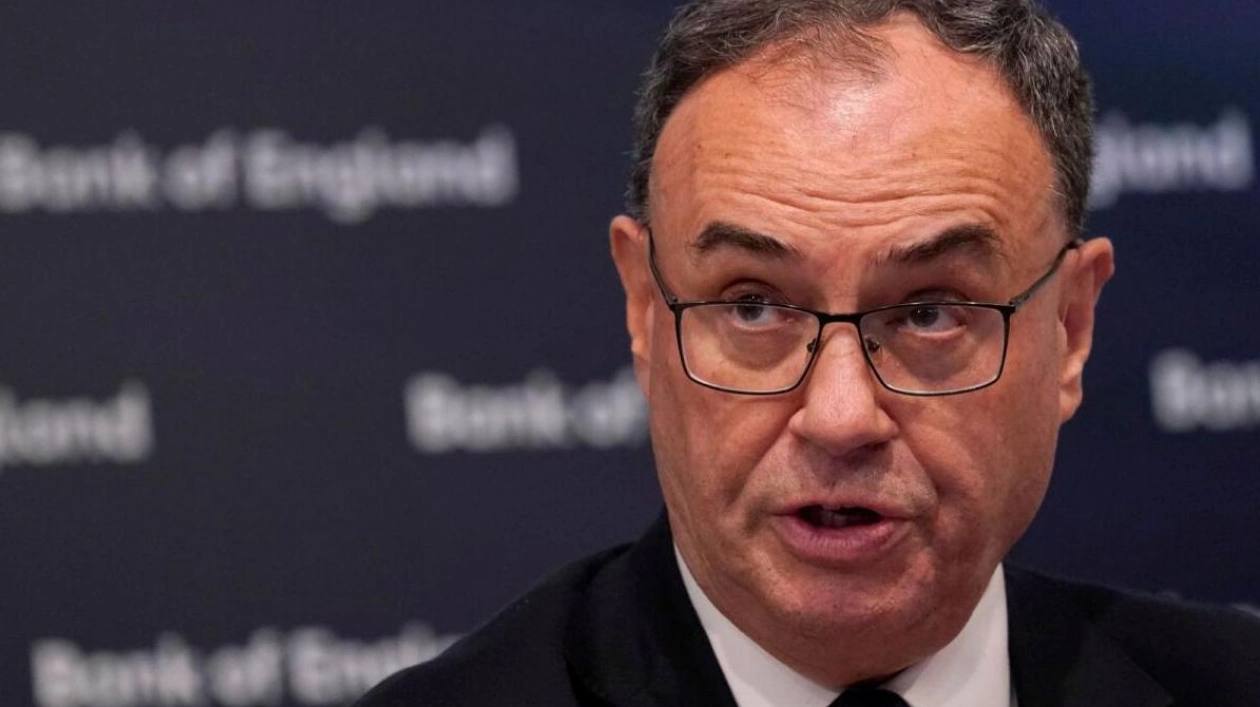On Thursday, the Bank of England reduced interest rates from a 16-year peak, following a close vote among policymakers who were split on whether inflationary pressures had sufficiently abated, initially causing the pound to weaken. This move was anticipated according to a Reuters survey of economists, although financial markets had only assigned a slightly over 60 percent probability to such a cut. Governor Andrew Bailey, who spearheaded the 5-4 vote to decrease rates by a quarter-point to 5 percent, stated that the Monetary Policy Committee would proceed with caution. "We must ensure that inflation remains low and avoid cutting interest rates too rapidly or excessively," he noted in a statement released alongside the decision.
In the stock market, the blue-chip FTSE 100 index saw an increase, rising by 0.3 percent, while the domestically-focused FTSE 250 midcap index climbed 0.5 percent, reaching its highest point in over two years. In the foreign exchange market, the pound sterling dropped to a session low of $1.2752 post-decision, then partially recovered to trade at $1.2766, marking a 0.7 percent decline for the day. Against the euro, the pound was also weaker, with the euro strengthening by 0.36 percent to 84.5 pence.
In the bond market, the benchmark 10-year gilt yields decreased by four basis points to 3.941 percent, compared to 3.936 percent prior to the decision. Two-year gilt yields, more responsive to changes in monetary policy, fell by 5.7 basis points to 3.754 percent, near 15-month lows. Colin Asher, an economist at Mizuho in London, commented, "Generally, I anticipate the pound to gradually strengthen. This cut could be seen as hawkish, given Bailey's guidance against excessive or rapid rate cuts. In contrast to the Federal Reserve's dovish stance, this suggests potential for sterling appreciation in the medium term."
Daniele Antonucci, Chief Investment Officer at Quintet Private Bank in Luxembourg, added, "Maintaining rates too high for too long could have led to unnecessary economic weakness and consequently, a shortfall in meeting the Bank's inflation target. Even though a moderate approach is advisable, starting to ease the extent of monetary tightening appears to be the most prudent strategy."






